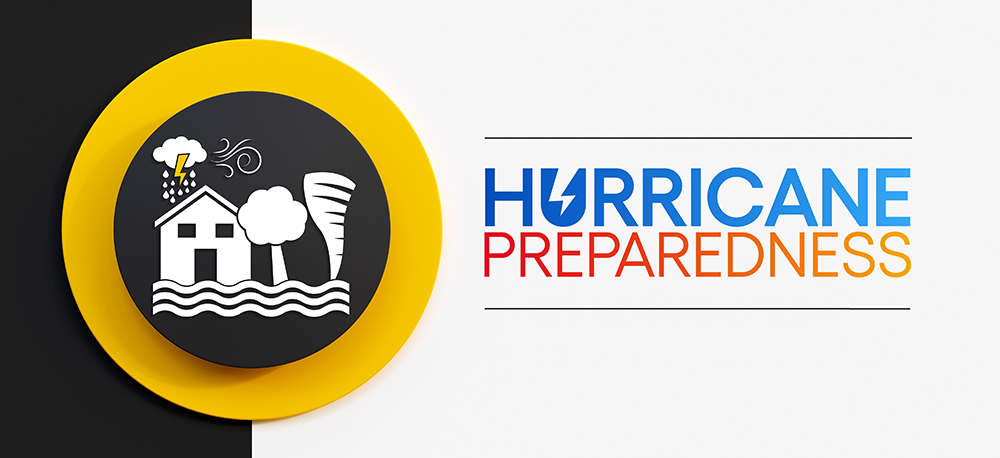Hurricane Preparedness

If a tropical storm or hurricane threatens Volusia County, this page will serve as a central hub for storm-related updates and official information. It will be updated frequently with details on forecast conditions, sandbag distribution sites, evacuation notices, shelter openings, transportation options, safety tips, and other critical resources to help you and your family stay safe and informed before, during, and after the storm.
Volusia County Emergency Management urges residents to take proactive steps while there is no threat to review emergency plans, update disaster supply kits, and learn the best ways to stay informed.
Here's how you can prepare:
- Inspect your home's exterior, roof, and drainage systems to ensure they are storm-ready.
- Build or refresh your disaster supply kit with water, nonperishable food, medications, flashlights, and batteries.
- Review your insurance coverage and take photos of key documents and property.
- Sign up for emergency notifications via AlertVolusia at www.volusia.org/alertvolusia.
- Download the Volusia County Emergency Management app for real-time storm updates, sandbag locations, shelter information, and more.
- Follow Volusia County and Volusia County Emergency Management on social media for official updates.
Residents who depend on electricity-powered medical devices or lack transportation should register now for the special needs sheltering program. More information about the program and registration information is available here.
Volusia County Emergency Management staff also provide free hurricane preparedness presentations for HOAs, civic and faith-based groups, schools, and businesses. These cover local evacuation zones, shelter options, sandbag usage, and more. To schedule a presentation, call 386-254-1500.

